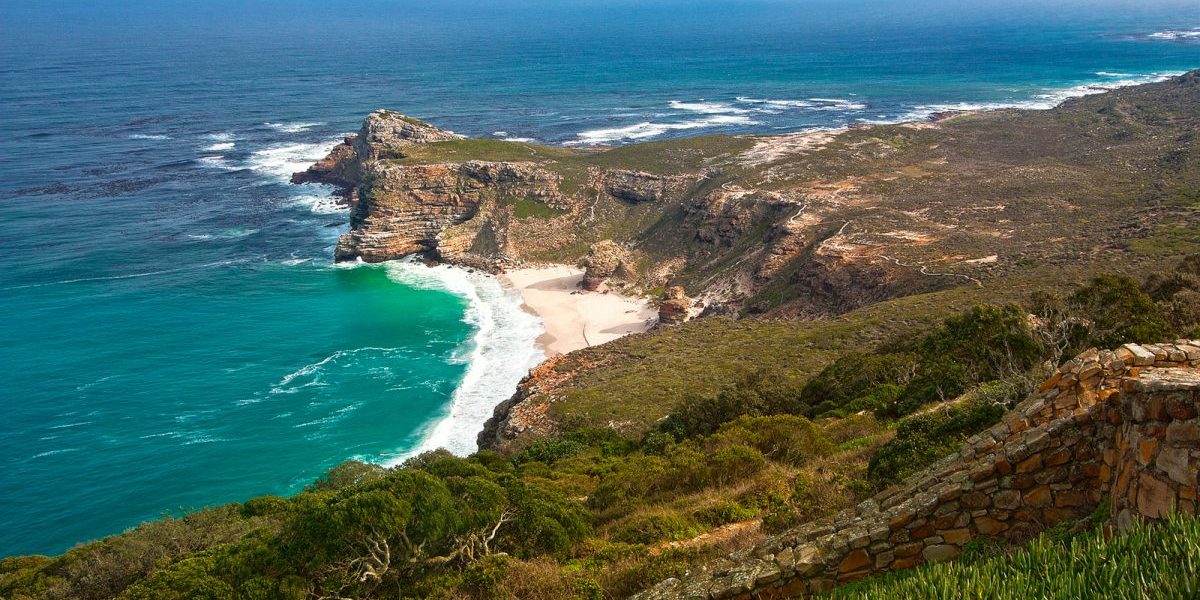Integrated coastal management has been developed over the past few decades to address multiple-use conflicts, pre-empt and plan for new uses, and protect vulnerable ecosystems and marine biodiversity. Integrated coastal management uses a variety of policy and planning instruments to deepen integration and manage the coastal zone more effectively. This paper investigates the evolution of coastal management globally and interrogates the advantages and drawbacks of integrated coastal management tools. It then focuses on South Africa’s coastal governance frameworks, institutions and environmental regulations, at both the national and sub-national level. The paper highlights the shift in South Africa’s approach – from coastal management focused on ecological sustainability to one that primarily supports its broader socio-economic agenda through inclusive management and sustainable livelihoods strategies. A case study of the Eastern Cape of South Africa is used to highlight potential shortfalls in the practical application of local integrated coastal management policy.








